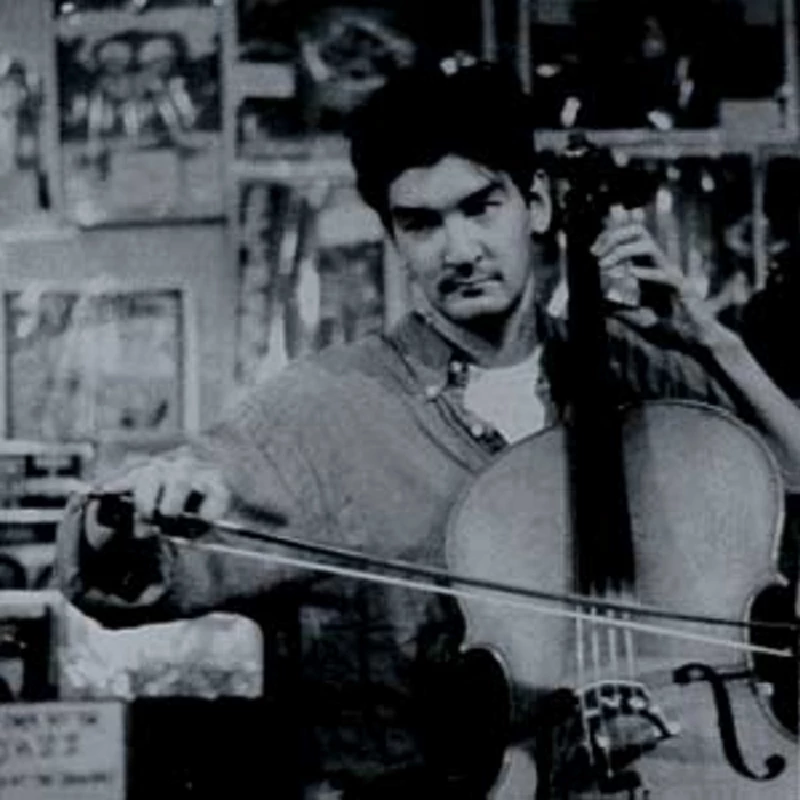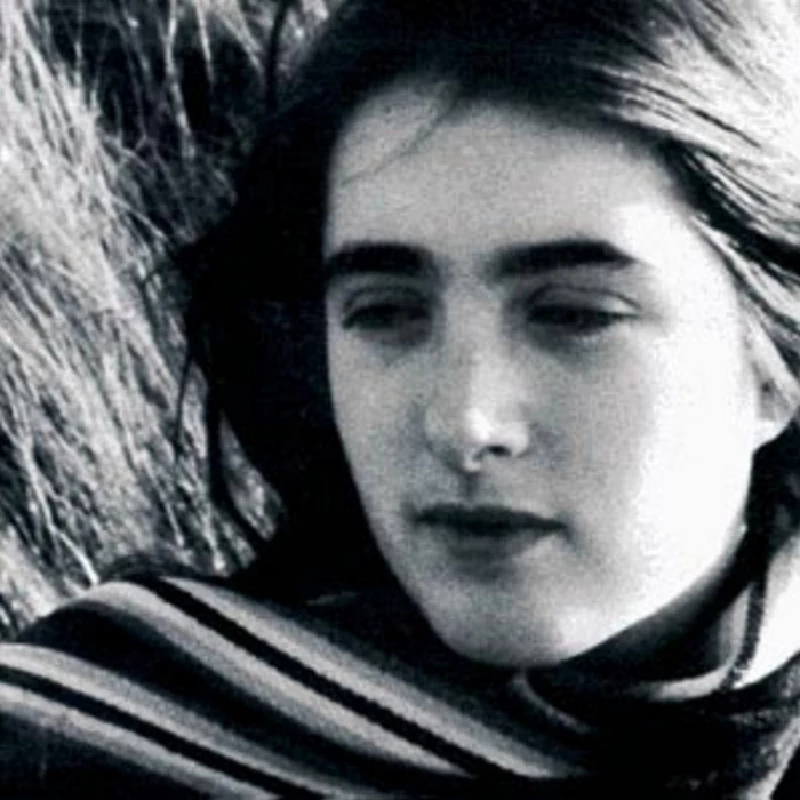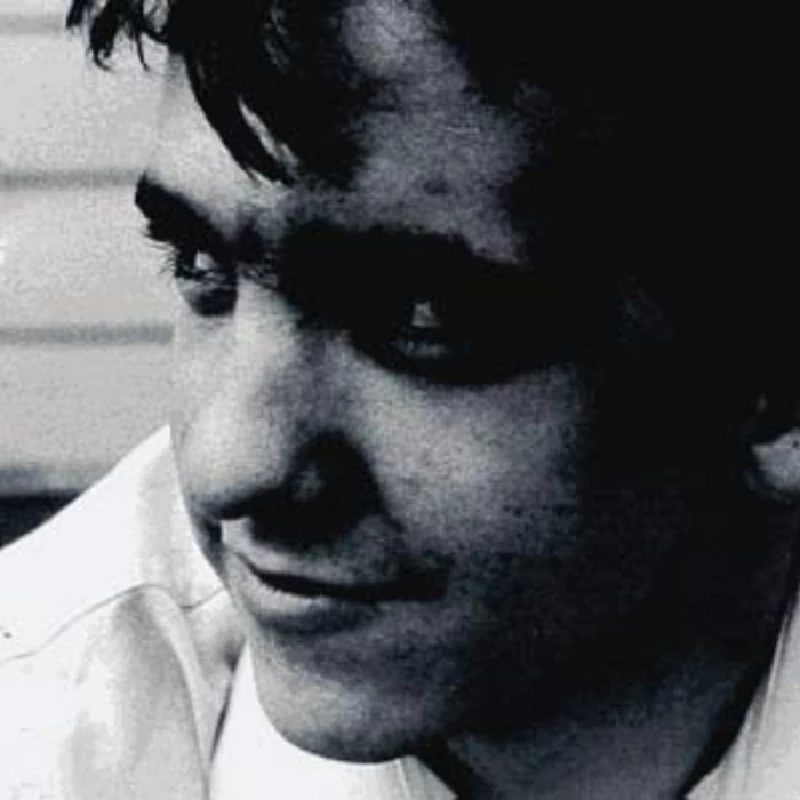Lost It. Com - 69 Love Songs
by Emma Haigh
published: 18 / 10 / 2004

Label:
Select Label
Format: N/A
intro
Running to three volumes, '69 Love Songs' is the Magnetic Fields masterwork. Emma Haigh says that "nowhere in the history of pop does an album come so close to capturing love’s jaundiced oversights, alienating highs and grateful awe"
I first attempted Milan Kundera’s 'The Unbearable Lightness of Being' early last summer. It was mid-June, unseasonably hot; each day mired in a sticky fug, each night drawing the task of trying to remove layers of sweat and thick North London grime. I would sit under the ineffective shade of the small glades in Clissold Park, struggling to turn the pages growing more and more disillusioned and eventually entirely at odds with Kundera’s honesty. I was already sinking under the weight of being no longer in love; I wanted nothing to do with other peoples' unhappiness. By the time July had set in, 'The Unbearable Lightness of Being' had been cast aside. I sought solace in bewilderment and turned to 'Catch-22' instead. Fortunately I have a heightened sense of literary guilt – borne of my mother’s insistence I read every book carted off from the library as a child, or perhaps of four years as a Lit. undergrad – and found myself, in the depth of a quite different June this year, once again engaging with Kundera’s off-hand precision and neatly left untied mosaic of love and misery. I loved it. I put off reading the final chapter for two weeks because I couldn’t bear knowing how it ended. To finish it would mark the end of a deeply intense affair that I clung to: thrilled by its truths, I was rapt. It became a seminal work for me, more than any other reason than because it so succinctly captures those single moments. Perfect scenes, that both loved and unloved, place utmost irrational importance upon and that offer partitioned half-formed glimpses at your self. Not cracked and fleshy and ghoulish, but connected and clear. In June of this year I also rediscovered an album that I should have turned to in the first place, for I would be willing to wager that nowhere in the history of pop does an album come so close to capturing love’s jaundiced oversights, alienating highs and grateful awe. '69 Love Songs' - the mathematically tongue-in-cheek three volume epic, conveniently divided by multiples of 23 - is an almost unprecedentedly precise exploration of love. Though attributed to The Magnetic Fields, it is really the masterwork of Stephen Merritt. Recalling his other projects such as the 6ths and The Gothic Archies, '69 Love Songs' avoids campy clichés and insincere diatribes on l’amour by attacking them with noble fatalism and romantic dignity. Originally the album was conceived as '100 Love Songs' before Merritt abandoned that sort of magnitude as much for his own sanity as for the listeners. “First I thought of it as a revue of 100 love songs because 100 means a lot of things. It means large amount, and it’s a nice round number that implies manufacture or a batch of something. Then I realised that just at two minutes a song, 100 love songs would be 200 minutes long which is hours and hours, and no one would want to sit through a revue like that, however good it was.” Though inspired by what Merritt saw as a lack of good modern love songs, I think the title alone bears as much honesty as the songs. Not 84 Love Songs. Not 101. Rather all the innuendo of 69. “The next lowest number that had another relevant meaning was 69, which I chose as much for its graphic possibilities [it is a visual palindrome, which appealed to Merritt’s fastidiousness] as its obvious relation to romance.” And indeed, these are songs as much about lust as they are about love. They are songs that capture the whole gamut of love. The obsessive adoration that overanalyses the first glance, The blind fixation that builds the slightest accidental brush of fingers to an electrifying moment of Complete Understanding between you and the (if not wholly oblivious, then likely slightly uncomfortable) object of your desire. The sorry triumphs of snatching a minor victory out from the hands of other potential suitors, to use a particularly antiquated turn of phrase – though nonetheless apropos. Love songs themselves are borne of a long and illustrious past. It is, however, Merritt’s composite wit, at times, naked honesty and a Joycean flair for shifting genres that give the songs in this collection their eviscerating modern edge. These are songs that succeed in galvanising the genre, with as much sensitivity as cynicism. The surprised comfort of ‘A Chicken With Its Head Cut Off,’ the romantic unsure pleading of ‘Come Back from San Francisco,’ the hope in ‘Let’s Pretend We’re Bunny Rabbits.’ Each of these songs in particular expose the simultaneous gracelessness and ecstasy, the inspiration and anxiety of love and lust by embracing the ridiculous throes passion indulges. Similarly the woeful ‘I Don’t Believe in the Sun’ and exasperated ‘No One Will Ever Love You’ expose the longing despair and confused clarity of fighting the resigned self-disillusion that comes with not knowing how to deal with the object of love, much less how to deal with yourself. To go through them one at a time would be a ludicrous undertaking, there’s a thesis to be found in each; yet, traversing the entire sweep of love as much as musical style it would prove a worthy enterprise. '69 Love Songs' could easily be interpreted as a sardonic exercise on the part of Merritt, just to see how many genres as possible he can surpass. Merritt range eases effortlessly from a beatnik-y snap and drawl (‘Love is Like Jazz’ and ‘How F**king Romantic’), to crassly adolescent translation of punk (‘Punk Rock Love’) and a Parisian-sleaze version of the blues (‘Underwear’). From parodic Scottish folk (‘Wi’ Nae Wee Bairn Ye’ll Me Beget’) to swaying gospel chorus (‘Kiss Me Like You Mean It’) to sober truckstop bluegrass (‘Papa was a Rodeo); from blip-pop reggae (‘It’s a Crime’) to hummingly clap-along pop and linguistic eulogising (‘The Death of Ferdinand de Saussure’). He leaps as gracefully from electro-experimentation (‘Experimental Music Love’) to ukulele fuelled spite (‘Meaningless’) as he does from lilting Celtic post-war ballads (‘Abigail, Belle of Kilronan’) to Bikini Kill-inspired strings and gravel-edged vocals (‘I Shatter’). Merritt’s foremost success with 69 Love Songs’ is that none copy the last in eloquence, nor predict the next in approach. It is, however, the defensive cynicism pervading Merritt’s surface detachment that belies the true sophisticate, he who understands that innate undercurrent of insecurity, the natural companion to love. Ultimately the true achievement with this whole enterprise is that it resonates just as succinctly today as it will a thousand years from now. Because we’ll always need at least 69 love songs.
Track Listing:-
Picture Gallery:-



most viewed articles
current edition
Spear Of Destiny - InterviewRobert Forster - Interview
Fiona Hutchings - Interview
When Rivers Meet - Waterfront, Norwich, 29/5/2025
Carl Ewens - David Bowie 1964 to 1982 On Track: Every Album, Every Song
Brian Wilson - Ten Songs That Made Me Love...
Chris Wade - Interview
Pistol Daisys - Waterfront, Norwich, 29/5/2025
Credits - ARC, Liverpool, 17/5.2025
Nils Petter Molvaer - El Molino, Barcelona, 24/4/2025
previous editions
Heavenly - P.U.N.K. Girl EPBarrie Barlow - Interview
Boomtown Rats - Ten Songs That Made Me Love....
Oasis - Oasis, Earl's Court, London, 1995
Dwina Gibb - Interview
Beautiful South - Ten Songs That Made Me Love...
Sound - Interview with Bi Marshall Part 1
Manic Street Preachers - (Gig of a Lifetime) Millennium Stadium, Cardiff, December 1999
Trudie Myerscough-Harris - Interview
Serge Gainsbourg - Ten Songs That Made Me Love...
most viewed reviews
current edition
Peter Doolan - I Am a Tree Rooted to the Spot and a Snake Moves Around Me,in a CircleGarbage - Let All That We Imagine Be The Light
Vinny Peculiar - Things Too Long Left Unsaid
Little Simz - Lotus
John McKay - Sixes and #Sevens
Suzanne Vega - Flying With Angels
HAIM - I Quit
Vultures - Liz Kershaw Session 16.06.88
Billy Nomates - Metalhorse
Eddie Chacon - Lay Low
Pennyblackmusic Regular Contributors
Adrian Janes
Amanda J. Window
Andrew Twambley
Anthony Dhanendran
Benjamin Howarth
Cila Warncke
Daniel Cressey
Darren Aston
Dastardly
Dave Goodwin
Denzil Watson
Dominic B. Simpson
Eoghan Lyng
Fiona Hutchings
Harry Sherriff
Helen Tipping
Jamie Rowland
John Clarkson
Julie Cruickshank
Kimberly Bright
Lisa Torem
Maarten Schiethart